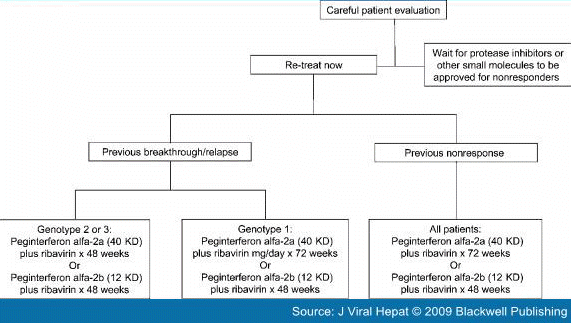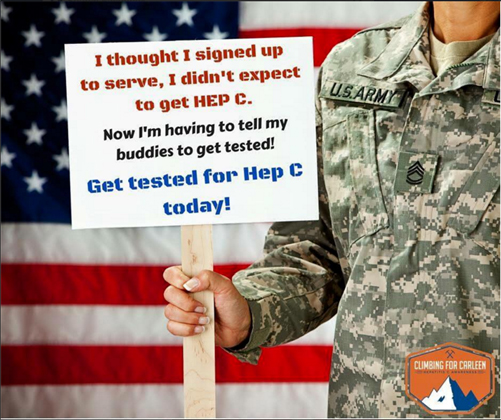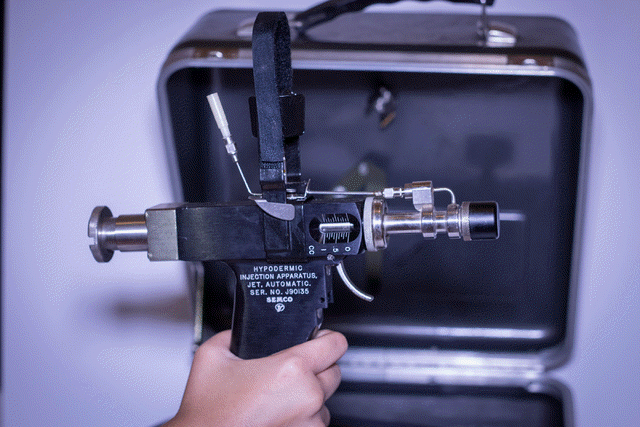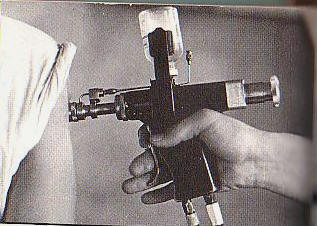Current Management of Previously Treated Patients
When confronted with a patient who has not responded to previous treatment, it is important to begin by characterizing the nature of the previous response (breakthrough, relapse, nonresponse) by evaluating all previous on-treatment and post-treatment HCV RNA assay results. It is also helpful to review any evidence of reduced adherence with previous treatment regimens and adverse events that occurred during previous treatment. Unmodifiable (i.e. age, gender, race, genotype, viral load, histology) and modifiable (body weight, alcohol use, potential insulin resistance) prognostic factors should also be considered and their potential impact on SVR discussed with the patient when considering re-treatment. Use of adjunctive therapies to improve adherence with the regimen, for example use of antidepressants to prevent or treat depression and use of erythropoietin-stimulating agents to treat anaemia, is also prudent. The treatment regimen differs according to the type of pegylated interferon chosen. Peginterferon alfa-2a is most effective when administered in standard doses for 72 weeks in nonresponders.[39] There is also evidence to recommend this regimen in genotype 1 patients with previous relapse.[34] Should pegylated interferon alfa-2b be prescribed, then a 48-week regimen with weight-based ribavirin is indicated,[55] as extended treatment with this combination has not been studied. An algorithm is presented in Fig. 6.






